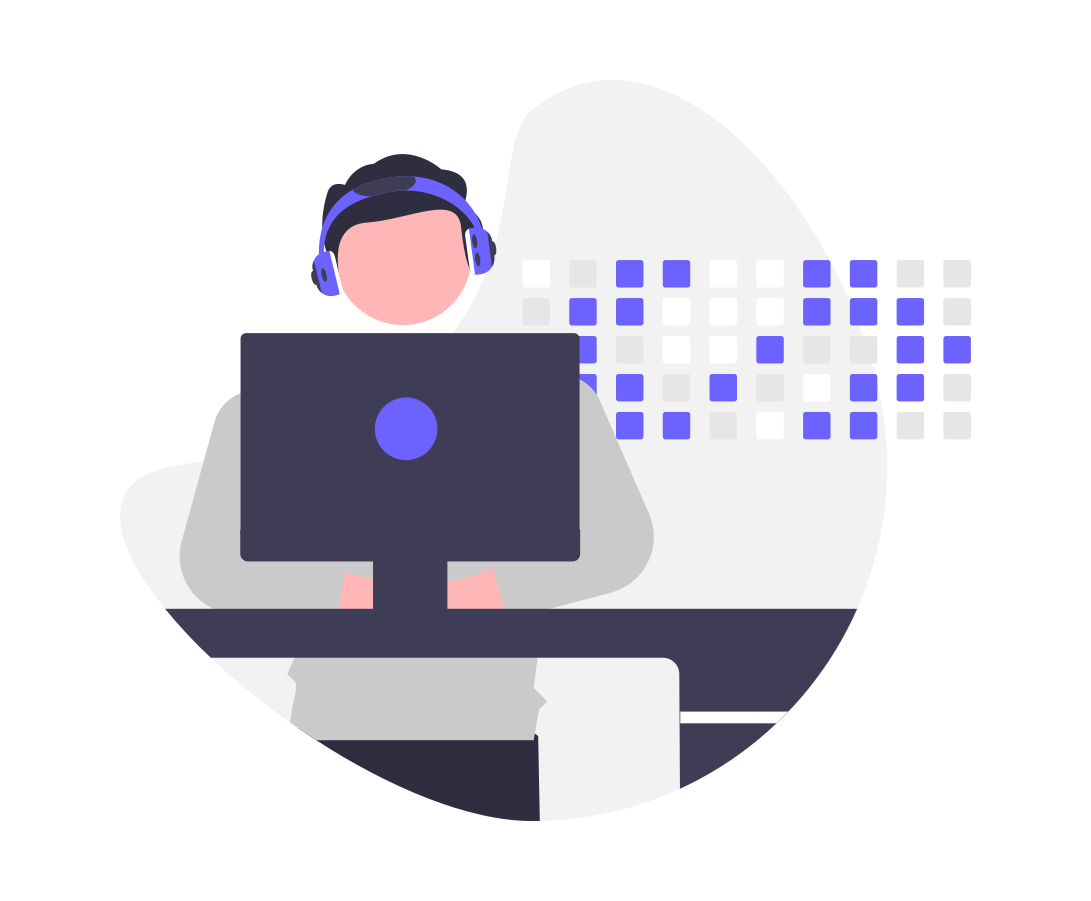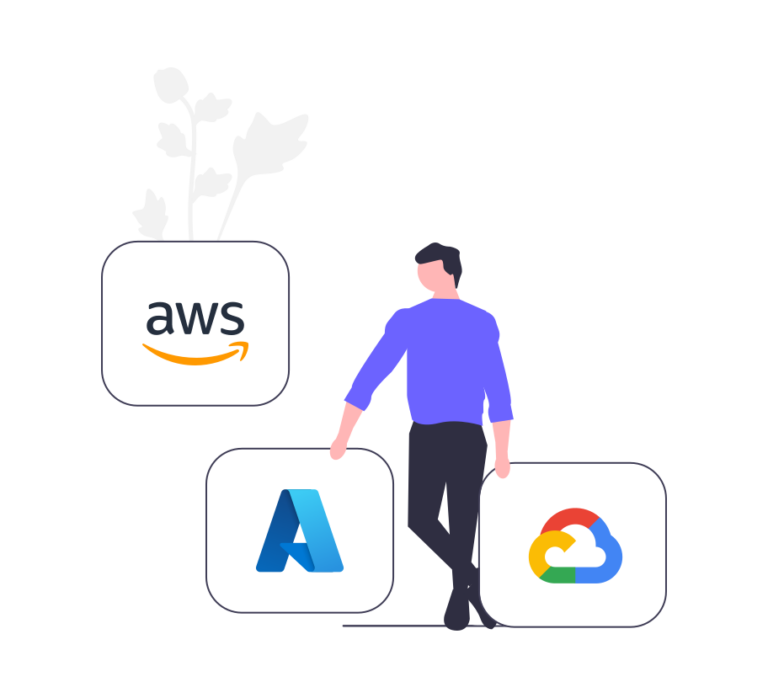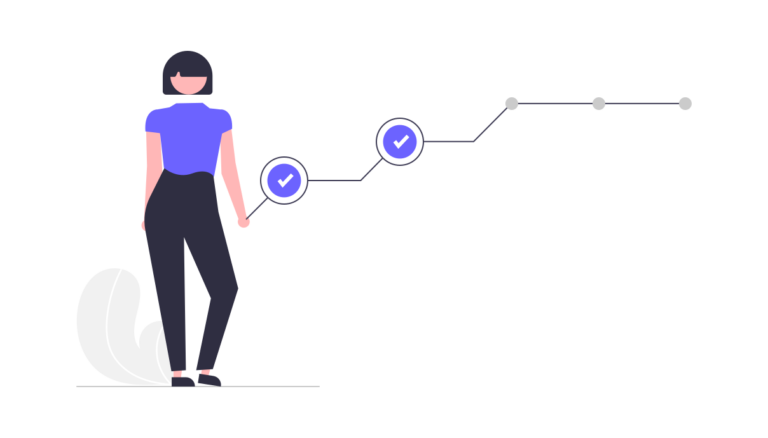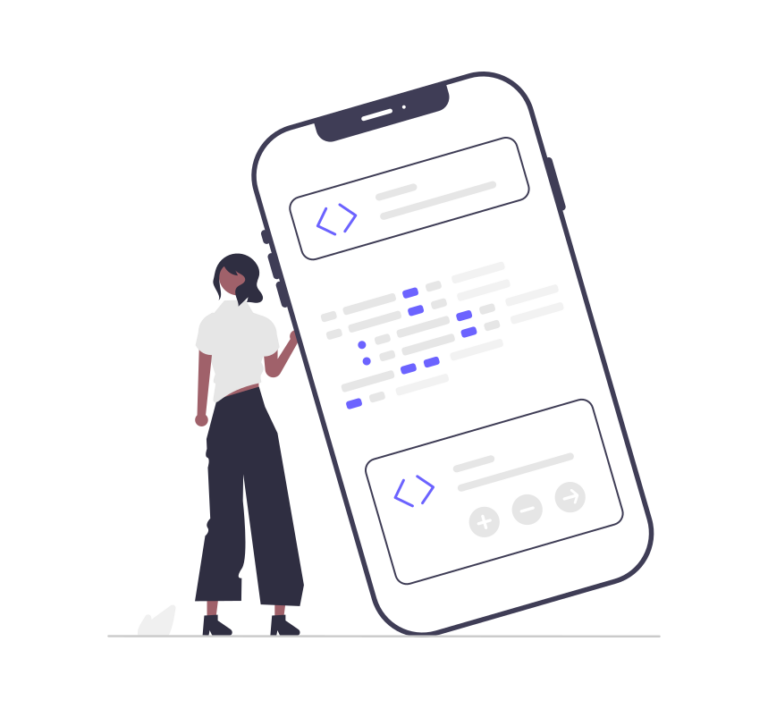
Roadmap for Full Stack Java Developer

Contents
Introduction
Embarking on a journey to become a full stack Java developer can be both exciting and challenging. This guide offers a clear path to mastering the skills and technologies necessary to excel in this role. From understanding basic programming concepts to integrating advanced tools and frameworks, this roadmap will help you navigate your way to becoming a proficient full stack Java developer.
Get Started with Core Concepts
Start by building a strong foundation:
- Java Fundamentals: Begin with Java, the cornerstone of your development journey. Dive into Java basics like object-oriented programming (OOP), core syntax, and data structures. Mastering Java is essential for a full stack Java developer.
- HTML & CSS: Familiarize yourself with HTML and CSS for creating and styling web pages. HTML structures content, while CSS adds design elements. These skills are crucial for front-end development and will be your starting point.
- JavaScript Basics: Learn JavaScript to bring interactivity to your web pages. Focus on manipulating the DOM, handling events, and performing asynchronous operations. JavaScript is a key tool for front-end development and an important aspect of full stack development.
Build Your Front-End Skills
Expand your skills to include front-end development:
- Front-End Frameworks: Explore frameworks like Angular, React, or Vue.js to build dynamic user interfaces. Each framework has its strengths, and understanding one will help you create responsive, interactive web applications.
- Responsive Design: Learn techniques for making your web applications look great on all devices. Use responsive design principles and frameworks like Bootstrap to ensure compatibility across various screen sizes.
Master Back-End Development
With front-end basics covered, focus on back-end development:
- Java Web Frameworks: Get to know Java frameworks like Spring Boot or JavaServer Faces (JSF). Spring Boot is widely used for developing robust back-end services and APIs, making it a vital skill in your journey.
- Database Skills: Learn how to manage and interact with databases. Understand SQL for relational databases such as MySQL or PostgreSQL and explore NoSQL options like MongoDB. Effective database management is crucial for full stack development.
- API Development: Discover how to create and use APIs. Design RESTful services or explore GraphQL to enable communication between front-end and back-end systems. APIs are a fundamental part of integrating different components of your application.
Integrate Your Skills
Combine your front-end and back-end knowledge:
- Full-Stack Integration: Learn how to connect your front-end with your Java-based back-end. Understand the process of integrating various components to build a seamless application experience.
- Security Practices: Implement security measures to protect user data. Learn about authentication techniques like OAuth and JWT to secure your applications and manage user sessions effectively.
Enhance Your Workflow
Improve your development efficiency with the right tools:
- Version Control: Get comfortable with Git for version control. Learn to manage code changes, collaborate with others, and keep track of different versions of your projects.
- Build Tools: Use build tools such as Maven or Gradle to manage dependencies and automate project builds. These tools streamline your development process and improve productivity.
- CI/CD Practices: Understand continuous integration and continuous deployment (CI/CD) to automate testing and deployment. Tools like Jenkins or GitHub Actions can help you maintain a smooth development workflow.
Gain Real-World Experience
Apply your skills through practical experience:
- Projects: Work on personal or open-source projects to apply what you’ve learned. Building real applications helps solidify your skills and demonstrates your abilities to potential employers.
- Internships and Jobs: Look for internships or entry-level positions to gain professional experience. Practical work experience is invaluable for applying your skills in real-world scenarios.
- Portfolio: Create a portfolio showcasing your projects. Include detailed descriptions, technologies used, and links to your code repositories. A strong portfolio is essential for highlighting your skills to prospective employers.
Stay Current with Industry Trends
Keep up with the latest developments in full stack development:
- Continuous Learning: Keep learning and stay informed about new trends and technologies in full stack development. Staying updated helps you remain competitive and adapt to evolving industry standards.
- Networking: Join developer communities, attend meetups, and participate in forums to connect with other professionals. Networking can provide insights into industry trends and career opportunities.
- Emerging Technologies: Stay informed about new tools and technologies in full stack development. Adapting to innovations will help you stay competitive and enhance your skill set.
Conclusion
Following a well-structured roadmap for becoming a full stack Java developer will guide you through acquiring the necessary skills and experience. By mastering Java, front-end and back-end technologies, and staying current with industry trends, you’ll be well-prepared for a successful career in full stack development.



